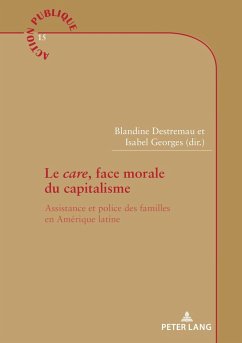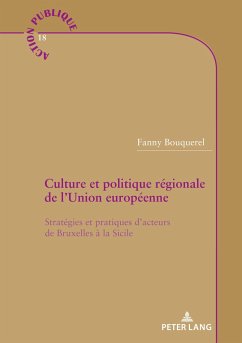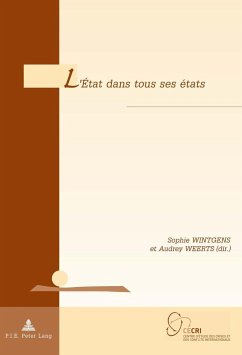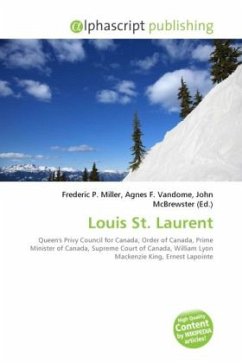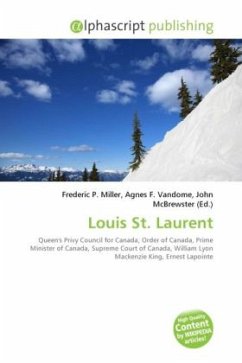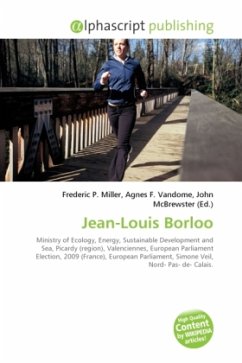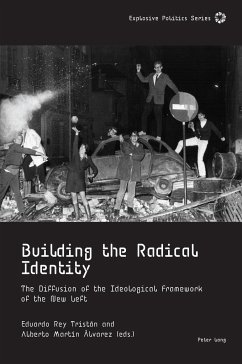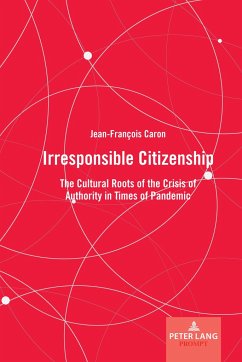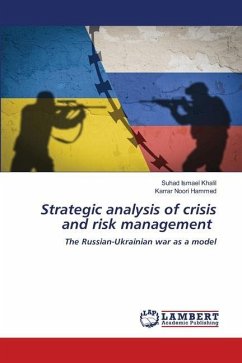
Organizing after Crisis
The Challenge of Learning
Herausgegeben: Schiffino, Nathalie; Taskin, Laurent; Donis, Céline; Raone, Julien
Versandkostenfrei!
Versandfertig in 6-10 Tagen
64,95 €
inkl. MwSt.

PAYBACK Punkte
0 °P sammeln!
How do actors organize after crisis? Do they «simply» return to normal? The post-crisis phase is anything but a linear process. Actors and their practices may be transformed by learning from crises and by implementing the lessons. In this volume, 19 contributors from 7 countries analyse how learning happens after crisis in a dynamic political environment where framings, strategies, discourses, interests and resources interact. Exploring various policy sectors, they ask whether and in what ways organizations in charge of crisis management perform well. Where political responsibility is locate...
How do actors organize after crisis? Do they «simply» return to normal? The post-crisis phase is anything but a linear process. Actors and their practices may be transformed by learning from crises and by implementing the lessons.
In this volume, 19 contributors from 7 countries analyse how learning happens after crisis in a dynamic political environment where framings, strategies, discourses, interests and resources interact. Exploring various policy sectors, they ask whether and in what ways organizations in charge of crisis management perform well. Where political responsibility is located? What changes do lessons trigger at political, organizational and individual levels? The book answers these questions by addressing issues like blame and responsibility but also the influence of communication, social dynamics and the institutional environment.
In this volume, 19 contributors from 7 countries analyse how learning happens after crisis in a dynamic political environment where framings, strategies, discourses, interests and resources interact. Exploring various policy sectors, they ask whether and in what ways organizations in charge of crisis management perform well. Where political responsibility is located? What changes do lessons trigger at political, organizational and individual levels? The book answers these questions by addressing issues like blame and responsibility but also the influence of communication, social dynamics and the institutional environment.



